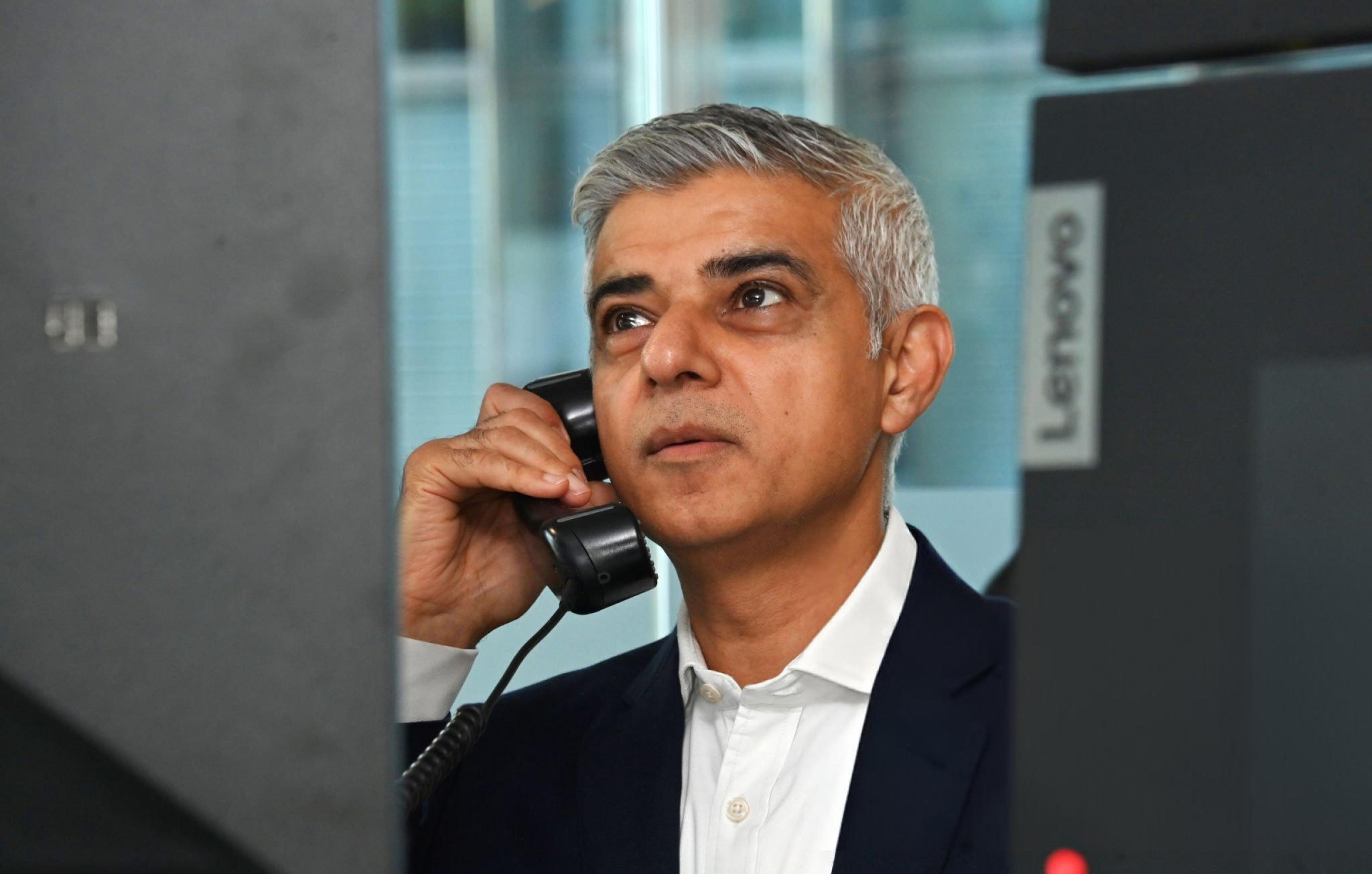Mayor’s concerns over office-working decline described as ‘another case of do as I say, not as I do’
Sir Sadiq Khan has been accused of “utter hypocrisy” by Conservative critics after urging London businesses to bring their staff back into the office, despite City Hall itself operating a hybrid-working model.
The mayor warned last week that London “cannot afford” to become a city where the “centre has been hollowed out”, urging companies to think carefully before downsizing their office spaces. However, critics argue that Sir Sadiq has played a direct role in reducing office attendance by relocating City Hall to smaller premises in the Royal Docks, making full-time office-working for his own staff impossible.
City hall’s hybrid model under scrutiny
In 2021, City Hall was moved from its purpose-built headquarters near Tower Bridge to the Royal Docks, a decision made by the mayor’s team as a cost-saving measure. The move was expected to save £58 million over five years, but it came with a major drawback—the new building cannot accommodate all City Hall staff at the same time.
As a result, most Greater London Authority (GLA) employees now work remotely for two or three days per week, with the hybrid model being defended by the mayor’s office as beneficial for staff productivity and well-being.
Despite this, Sir Sadiq last week expressed concerns that young professionals may struggle to build relationships with colleagues and develop essential workplace skills if they continue working from home.
Speaking at an event hosted by the consultancy firm Project Leaders, he warned that the capital’s businesses must do more to encourage workers back to the office, though he also acknowledged that employers need to make offices more appealing to staff.
Tory critics accuse Khan of double standards
The mayor’s comments have sparked fierce criticism from Conservative politicians, who claim that he is failing to practise what he preaches.
Neil Garratt, leader of the City Hall Conservatives, hit out at Sir Sadiq’s stance, stating:
“If he’s moaning about businesses in London not getting people back in the office, maybe he should explain why he’s sticking with his plan of having most of his own City Hall staff working from home most of the time.”
Similarly, Tory Assembly Member Susan Hall, who stood against Sir Sadiq in the 2024 mayoral election, was even more scathing in her remarks, branding him an “utter hypocrite”.
She added:
“This is just another case of ‘do as I say, not as I do’. Sadiq Khan tells businesses to prioritise in-office working while overseeing a City Hall that still largely operates remotely.”
Critics argue that Sir Sadiq’s own policies have contributed to the decline in office-working in central London, and they question why he expects private sector businesses to do what City Hall has been unwilling to implement itself.
City hall defends office policy
In response to the backlash, a GLA spokesman defended the mayor’s approach, highlighting the financial savings of the City Hall relocation and the broader benefits of hybrid working.
“The move to the new City Hall is saving £58m over five years to invest in vital services and stimulate economic growth across the capital.
“The new building is proving to be hugely popular with both staff and Londoners—and a busy and vibrant home for London government.”
He also clarified the mayor’s stance on flexible working:
“The mayor believes that flexible working is important for many workers, businesses and organisations. Of course, there are advantages to home working, but spending time in the workplace and engaging face-to-face with colleagues is also important—not only for personal development and teamwork, but to make the most of all the culture and leisure facilities our great city has to offer.”
A divisive debate on London’s future
The debate over remote working versus office attendance has become a major issue in post-pandemic London, with many businesses reassessing their office needs amid rising costs and changing employee expectations.
While Sir Sadiq argues that city centres rely on office workers to sustain businesses, the GLA’s own hybrid model has led to questions about his credibility in urging others to do what he has not enforced within his own administration.
With many Londoners still reluctant to return to full-time office working, the mayor faces growing pressure to reconcile his public statements with the policies implemented at City Hall—or risk further accusations of double standards.






